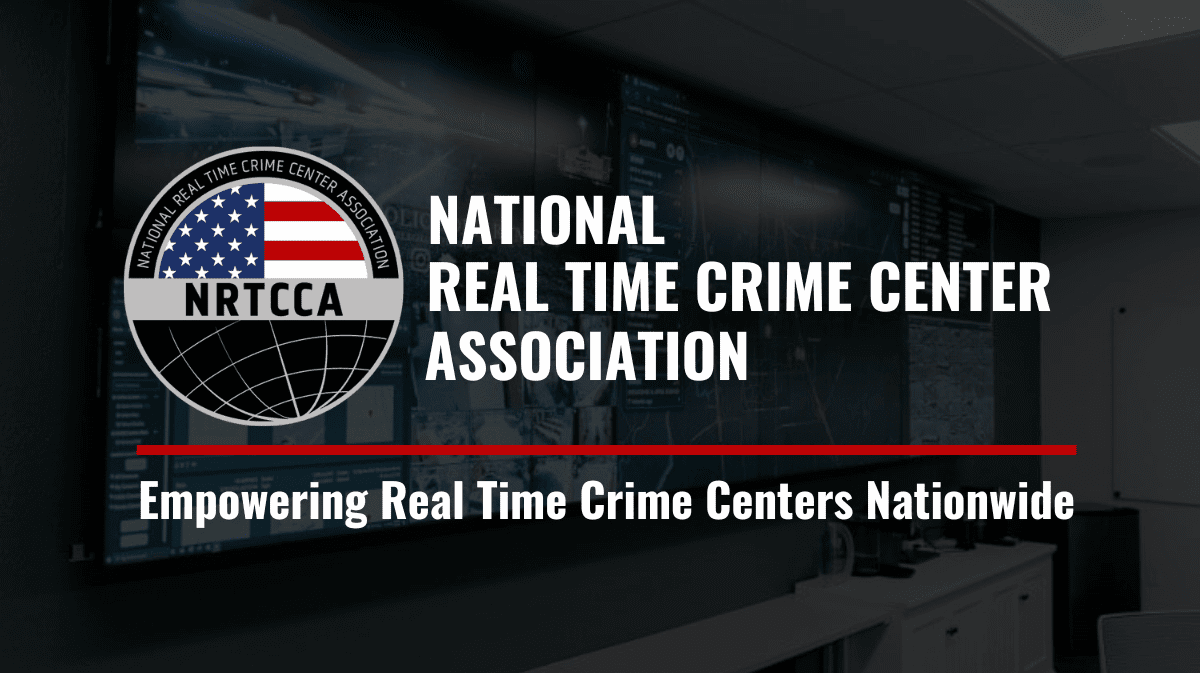As law enforcement agencies across the nation struggle with staffing, the benefits of having Real Time Crime Centers continue to soar. The ability to use a variety of technology to more quickly understand a fluid situation in the field, provides a solution that is a force multiplier and one that can quickly adjust to address a higher priority call if necessary. Staffing in Real Time Crime Centers is also a challenge though, as there have to be people to utilize the available technology in order for it to be effective. There are many different ways to staff a center, and many times it is less about the title of the operator but is more about getting the right people in the seats.
For many departments, the Real Time Crime Center is viewed as a “desk job,” and questions quickly arise if the operator position could be filled by sworn staff that is on light duty or administrative duty. The physical ability of working a position in a Real Time Crime Center is not strenuous and could be handled by someone who is capable of sitting at a desk and doing computer work. There are definite benefits to having someone spend a temporary amount of time working in the Real Time Crime Center, but there are also some cautions to be kept in mind.
The Benefits:
- The person in the center is familiar to officers in the field and can provide information from experience, especially if they are focusing on the same area that they work in patrol.
- The person gains a working understanding of the technology that can be utilized in the center and understands how the center can better assist with calls for service and investigations.
- The person can further educate others about the abilities of the center when they return to their normal job assignment.
Cautions:
How long will the person be assigned to the center? This consideration is extremely important in being able to set up both the employee and the center for success. The time that it takes to learn the systems used in Real Time Crime Centers is sometimes extensive, especially when they are most effectively used in conjunction with each other. Being able to ensure that there is ample time for the employee to learn and become proficient with the technology is, not only setting them up for success, but is also ensuring that the time of the training officer/detective/analyst that works in the center is being utilized to its greatest extent.
If someone is on light duty or administrative duty, is it due to an on-duty incident? What people sometimes don’t realize is that by working in a Real Time Crime Center, operators are often seeing the same incidents that are seen in the field. When considering putting someone in a Real Time Crime Center, the employee’s mental health should be a top priority. It is imperative that the person recognizes that even though they are not in harms way by being in the field, their involvement in high-stress situations can still affect their mental health. Because most Real Time Crime Centers work on priority events, the radio traffic and camera footage could be triggering, depending on their background.
Assigning someone to a Real Time Crime Center that is on a light-duty assignment, or an administrative assignment can be very beneficial to the agency as well as the employee. Bringing awareness to the tools that a Real Time Crime Center has available as well as having a better understanding of success stories by using technology is beneficial for growth within the agency and for the employees that work for the department. Keeping that in mind, ensuring that the employee will not be negatively affected by the sights and sounds they encounter in a Real Time Crime Center should be a top priority for the wellness of the employees. Frequent check-ins with the employee once they are assigned to a Real Time Crime Center can be implemented so that the employee can discuss and identify if the environment is harmful to their mental wellbeing. Real Time Crime Centers across the country are constantly expanding in their abilities and access. Utilizing the right people to operate in the Real Time Crime Center space is crucial to their success. Understanding the unique challenges that come with a Real Time Crime Center will allow supervisors of a center to properly position employees in an environment for success.


